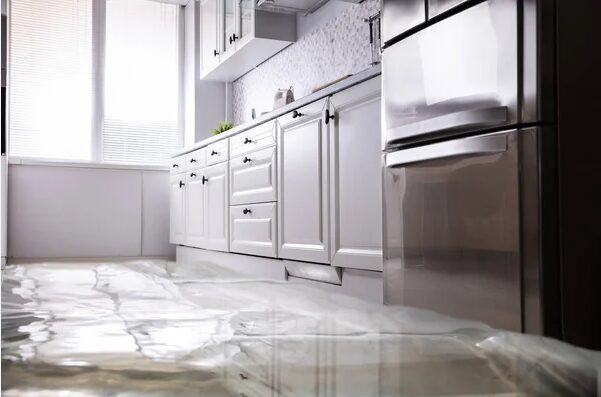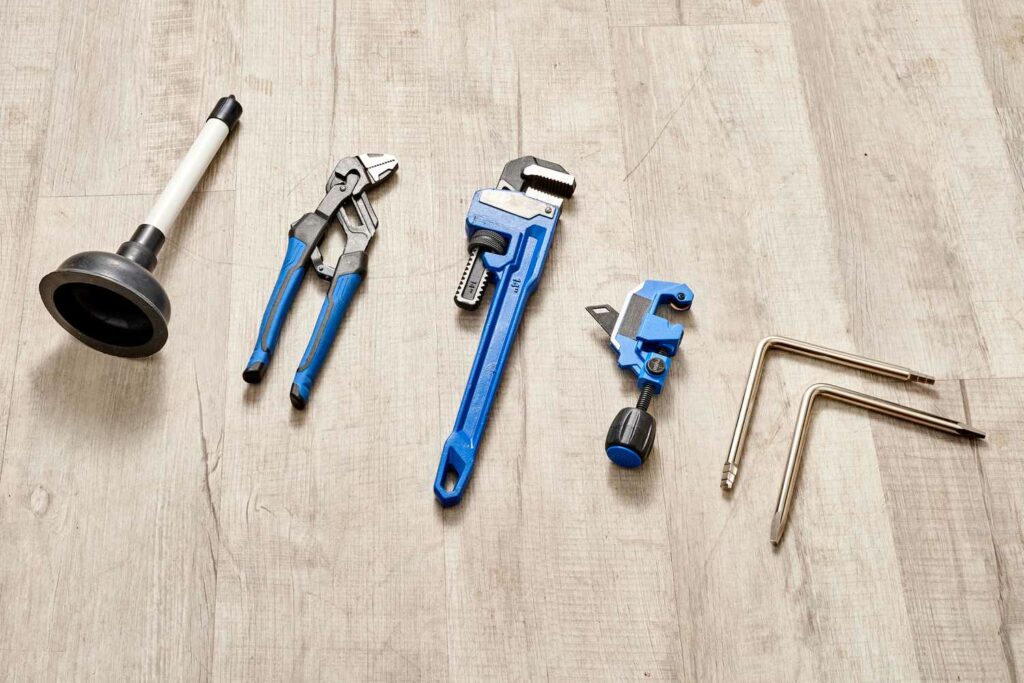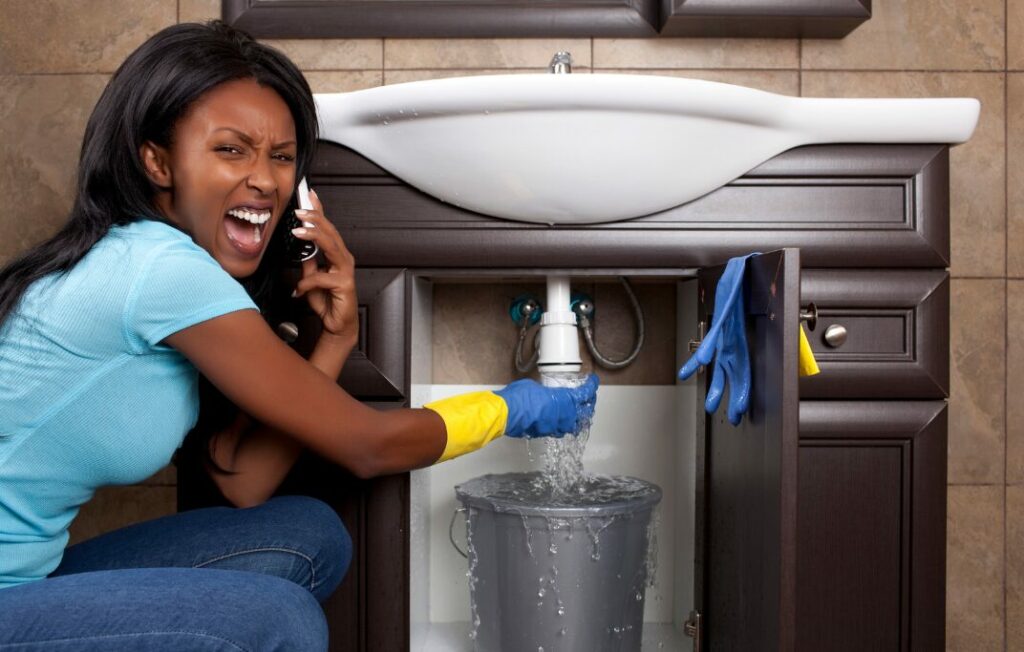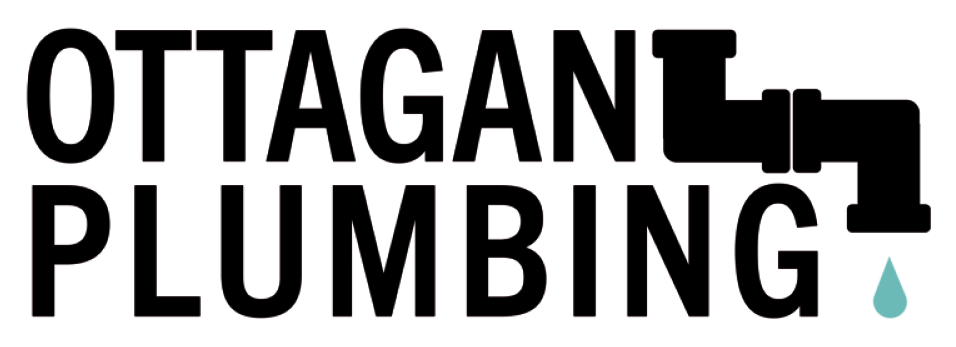
Emergencies can strike at any moment, and when it comes to your home’s plumbing, being prepared can make all the difference. From burst pipes to sewer backups, plumbing emergencies can cause significant damage and inconvenience if not handled swiftly and effectively. In this comprehensive guide, we’ll cover everything you need to know to be prepared for plumbing emergencies, including proactive measures, essential tools, and steps to take when disaster strikes.
Understanding Plumbing Emergencies
Plumbing emergencies can range from minor leaks to catastrophic floods, and they often occur unexpectedly. Common causes include burst pipes due to freezing temperatures, clogged drains leading to backups, water heater malfunctions, and sewer line blockages. Regardless of the cause, prompt action is crucial to minimize damage and prevent further complications.
Proactive Measures for Emergency Preparedness
- Know Your Plumbing System: Familiarize yourself with the layout of your home’s plumbing system, including the location of shut-off valves, water meters, and main sewer lines. Understanding how your plumbing works will help you respond quickly in an emergency.
- Regular Maintenance: Stay proactive with routine maintenance tasks such as inspecting for leaks, cleaning drains, and servicing water heaters. Addressing small issues before they escalate can prevent emergencies down the line.
- Identify Potential Weaknesses: Take note of any areas in your plumbing system that may be vulnerable to failure, such as aging pipes, corroded fittings, or tree roots near sewer lines. Addressing these weaknesses proactively can prevent emergencies.
- Emergency Contacts: It’s a good idea to save our phone number in your contact list so it is quicker to give us a call. Having this information readily available will save precious time in an emergency.
Essential Tools for Plumbing Emergencies

- Pipe Wrench: Specifically designed for gripping and turning pipes, essential for shutting off water valves.
- Plunger: A must-have for clearing clogged toilets and drains.
- Bucket: Useful for catching water from leaks or draining fixtures.
- Flashlight: Essential for illuminating dark spaces, especially in basements or crawl spaces.
- Utility Knife: Useful for cutting through packaging or materials during emergency repairs.
Steps to Take During a Plumbing Emergency

- Shut Off the Water: In the event of a burst pipe or major leak, the first step is to shut off the water supply to the affected area. Locate the main shut-off valve for your home and turn it clockwise to stop the flow of water.
- Assess the Situation: Once the water is shut off, assess the extent of the damage and identify the source of the problem. If you’re unable to locate or safely address the issue, it’s time to call Ottagan Plumbing.
- Contain the Damage: Use towels, buckets, or containers to contain any standing water and prevent it from spreading further. If necessary, use a wet/dry vacuum to remove excess water.
- Address Minor Leaks: For minor leaks or drips, use pipe tape or a pipe clamp to temporarily seal the leak until a permanent repair can be made. Keep in mind that these are temporary solutions, and professional repairs will be necessary.
- Clear Blocked Drains: If a drain is clogged and causing backups, attempt to clear it using a plunger or plumbing snake. Avoid using chemical drain cleaners, as they can cause damage to pipes and fixtures.
- Document the Damage: Take photos or videos of the damage for insurance purposes. Documenting the extent of the damage will be helpful when filing a claim with your insurance provider.
- Call Ottagan Plumbing: If you’re unable to resolve the issue on your own or if the situation is beyond your expertise, don’t hesitate to call us at 616.392.6053. Experienced plumbers have the knowledge, skills, and equipment to handle even the most complex plumbing emergencies safely and efficiently.
Conclusion
While plumbing emergencies can be stressful and disruptive, being prepared can help mitigate damage and minimize downtime. By taking proactive measures, having essential tools on hand, and knowing how to respond when disaster strikes, you can protect your home and your family from the consequences of plumbing emergencies. Remember, when in doubt, don’t hesitate to call a professional plumber for assistance. Your home’s plumbing is too important to leave to chance.
